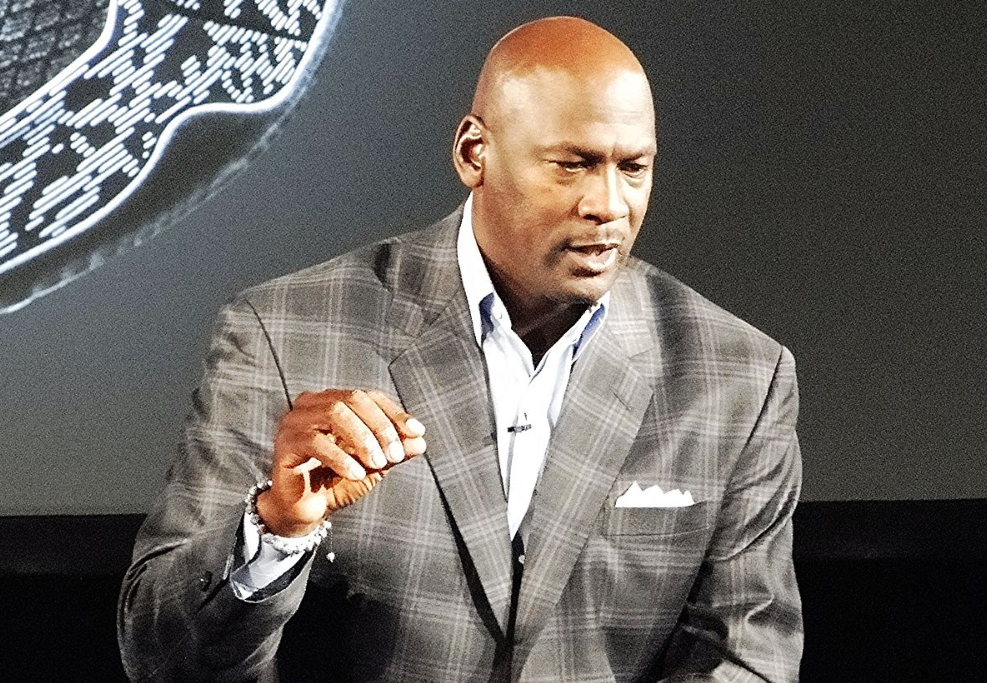Reggie Bush is set to be reunited with his 2005 Heisman Trophy after the Heisman Trust decided to reinstate the award. This decision comes nearly 14 years after Bush was compelled to forfeit the trophy due to violations involving improper benefits received by his family while he was a star at USC. This resolution reflects a significant shift in perspective, largely influenced by recent changes in NCAA rules regarding athletes’ rights to profit from their name, image, and likeness.
The Heisman Trophy, which Bush originally won after an outstanding season where he rushed for 1,740 yards and scored 16 touchdowns, was taken from him after an NCAA investigation found that his family had improperly benefited during his time in college. However, the landscape of college athletics has changed dramatically, prompting a reassessment of Bush’s case.
The reinstatement was warmly received by Bush, who expressed his excitement about rejoining the ranks of Heisman winners and contributing to the legacy and mission of the Heisman Trust. The Trust itself cited the “fundamental changes in college athletics” as a key reason for their decision, acknowledging the evolving nature of amateur sports which now supports athletes capitalizing on their skills and popularity.
This move has been celebrated by figures within the sports community, including 2012 Heisman winner Johnny Manziel, who had previously stated he would boycott the Heisman ceremony in solidarity with Bush. Manziel and others have lauded the decision, recognizing Bush’s significant impact on the sport during his college career.
The trophy’s return is not just a personal victory for Bush but also signifies a broader shift in the NCAA’s approach to athlete compensation and rights. This development could potentially influence how past, present, and future infractions are judged and handled, marking a new era in collegiate athletics governance.




